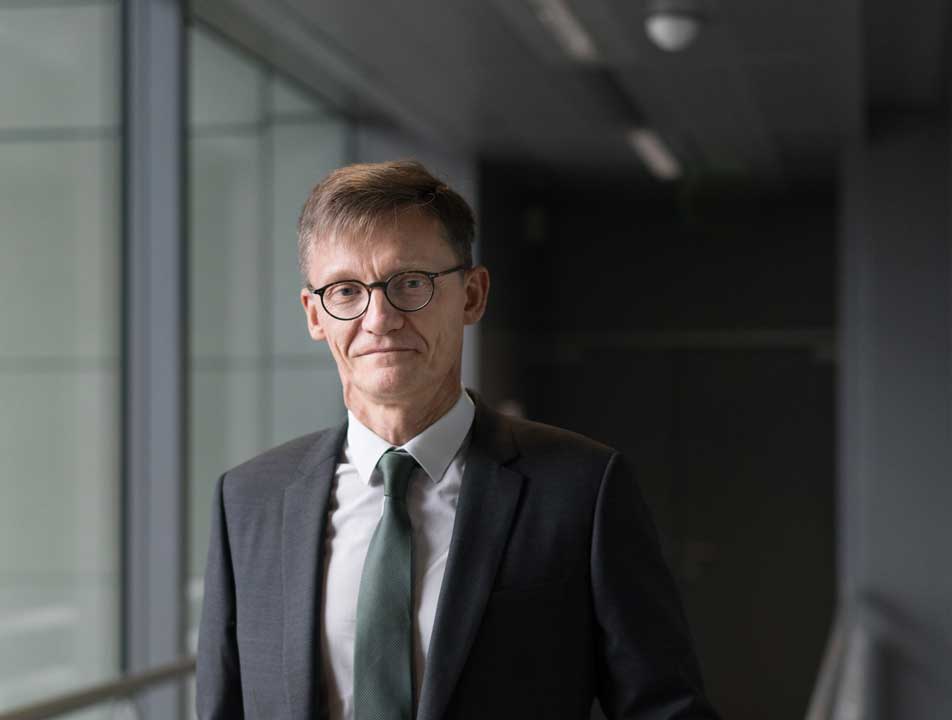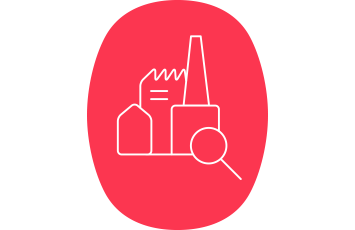Press release
Bureau Veritas calls for ‘vital’ shipping industry to marry pragmatism with ambition on decarbonization
- On World Maritime Day, class society in reminder that shipping is vital but vulnerable - and must not be misunderstood;
- Critical to raise the profile of the industry, and for class to keep raising standards
Paris La Défense, September 24th, 2020 – The President of the Marine & Offshore Division of Bureau Veritas (BV) has spoken about the need for the shipping industry to be both pragmatic and ambitious in securing its future: a future in which shipping meets its decarbonization targets, is more transparent, is better understood outside the sector, and keeps raising standards.
Speaking on World Maritime Day, Matthieu de Tugny, BV’s President Marine & Offshore, has said that the current pandemic situation has left two important lessons.
‘Firstly, as a vital industry, we have kept going – and the world has relied upon us to do so to ensure primary energy, food and other requirements continue to be met. Because of ships, the world remains open for trade. But the second lesson is that as an industry, we are vulnerable when it comes to ensuring we can protect the interests of our vital workers – our seafarers.’
‘So, despite the vital need for ships, our industry has not been able to look after our seafarers as we would like. This needs to change now and we need to work out how to do so as a matter of urgent priority. We must be clear in both setting and describing how we are going to achieve our objectives to identify the reasons for this lack of influence and to fix it.’
In facing the challenge of decarbonizing shipping, de Tugny said the same lack of influence weakens the industry’s ability to manage its destiny effectively. ‘We now have to find ways to work across sectors, with governments and all stakeholders to build influence and get results. There are some great initiatives out there now – The Maersk Mc-Kinney Moller Center for Zero Carbon Shipping, the Global Maritime Forum and the Getting to Zero Coalition for example – and we should all be encouraged to work with whoever we can to help get results, but reaching beyond shipping has to be prioritized.’
While ambition based on collaboration will be key, the current division of camps into pro-LNG as fuel and anti-LNG illustrates that there is also a need for pragmatism – a necessity to understand that the decarbonisation of shipping needs multiple pathways. Zero carbon deep sea shipping needs the development of a renewable energy based hydrogen industry from which suitable fuels like ammonia or methanol can be derived for ship propulsion. ‘But every revolution starts with pragmatic first steps. We can take these steps now,’ said de Tugny.
‘We have the lowest order-book in over 30 years. At some point we will see a resurgence of orders. If that happens soon, gas is the cleanest, available option, probably for a decade - at least. We must not lose sight of our net-zero targets, and develop alternative fuels and propulsion systems but, equally, we need to take the opportunities available today. The new 2-stroke LNG engines entering service now have a completely different, and ever-improving, emissions profile to the medium speed, 4-stroke engines that have been in use for most gas fueled ships to date in ferry and offshore applications, but which are also now improving.’
He emphasized the need to focus on the real challenge: decarbonizing the deep sea ships that represent some 80% of world-wide ship emissions. ‘The new two stroke engines are for the energy transition of deep sea ships. They are entering service now. Initiatives such as those of CMA-CGM’s 23,000 TEU mega ships show the engines are ready and can help ship designs to meet the 2030 and, with other measures, 2040 targets.’
Speaking more broadly about shipping’s classification sector, de Tugny said that class must continually strive to raise standards, ‘Our responsibilities are broadening. The opportunities of digitalization and data will help us with the challenges of decarbonisation and class must also play a key role in helping ensure issues like data accuracy and cyber resilience are addressed, as well as the traditional physical safety challenges we have been working on at Bureau Veritas since 1828.’ he said.










